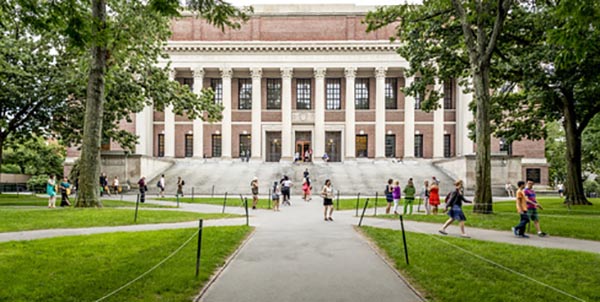Former admissions committee member reveals her top strategies for choosing the best undergraduate university and program to maximize your chances of acceptance to med school - (Hint: You do NOT have to do a traditional premed program or go to a prestigious university!) Learn more in our blog!
>>Want us to help you get accepted? Schedule a free initial consultation here <<
4 min
read
If you are senior high school student applying to college, or a current university student considering switching to a different university or program of student to increase your chances of acceptance to med school, this one is for you.
As you already know, you must do really well during your undergraduate years in college to have a realistic chance of acceptance to medical school and one of the biggest keys to academic success is using self-reflection to decide what you want to study. Recall that medical schools do not have a preference between traditional, non-traditional, and mature applicants. This means that you have the option of studying whatever program you want and can still be successful while applying to medicine. The only condition to this is that you complete the necessary pre-requisite courses and credits and have fantastic grades and GPA. (Click here to learn how to maximize your GPA) Think long and hard about what you want to do. What are your strengths? What motivates you? What is important to you? What do you value? Just as importantly, reflect on what you do well and what program you think you can receive the highest marks. Also consider what program will allow you to dedicate time in pre-requisite courses and courses that are helpful for the MCAT.
Here's why you don't need to enroll in a premed program
Students perform best at the things they are passionate about. What are you most interested in? What fascinates you? Answering these questions will give you an idea of what undergraduate program is the best fit for you. You’ve probably already thought about what kind of person you are, what kind of work you want to do, and what kind of impact you want to have on the world around you. And most likely you have already discovered that you’re passionate about medicine. Use the same self-reflection to decide what course of study you’re passionate about. Whether or not that’s the sciences or arts, or a profession like engineering or teaching (or anything else). The most important thing is to choose what will make the most sense to you. When you’re excited about what you’re learning, you’ll study harder and perform better and that goes a long way to achieving good grades. You’ll probably also build stronger connections with your peers and professors and have a strong support network and more opportunities and resources moving forward. It will also make life in general a lot more enjoyable if you’re doing what you like instead of what you think you “have” to do. In fact, we have helped many students get into medical school with non-traditional academic backgrounds such as those that had studied engineering, computer science, law, sociology, etc. This indeed helped them stand out from the other applicants.
It also doesn't matter whether or not you go to a prestigious university.
As challenging as it is to decide what to study, it can be equally difficult to decide where to study. Again, putting it simply, the best school to attend is the university that you feel is the best fit in the city where you want to live. This could be a small or a large school that is close to home or far away. But, as there were lots of things for you to consider when choosing your course of study, there are also lots of things to think about before deciding on a specific school. Many applicants mistakenly think that having a degree from an acclaimed school will help their application stand out. However, don’t overlook smaller, lesser-known schools in favor of bigger names. Keep in mind that where you went to school says much less about you than how you performed: it’s a GPA requirement, not a school name requirement! No one school offers an advantage over another. Very briefly: smaller schools may offer more opportunities to develop connections with peers and professors but fewer academic or extracurricular opportunities; larger schools, on the other hand, may be more competitive and professors may be more distant, but you will have more opportunities to be involved at school and in the community. All this is to say that deciding on a university is a personal choice and medical schools do not choose applicants based on where they did their undergraduate degree. The only thing that matters is your GPA. Remember that your goal is to develop a strong application and to gain successful admission to medical school. You will need to talk to students and alumni, inquire about research and extracurricular opportunities, and look where you can continue your hobbies and activities of interest. Don’t choose a university based on name recognition or reputation. Choose instead where you feel you have the best opportunity to succeed and the most resources to have meaningful experiences.
To your success,
Your friends at BeMo

Like our blog? Write for us! >>
Have a question? Ask our admissions experts below and we'll answer your questions!
Comments